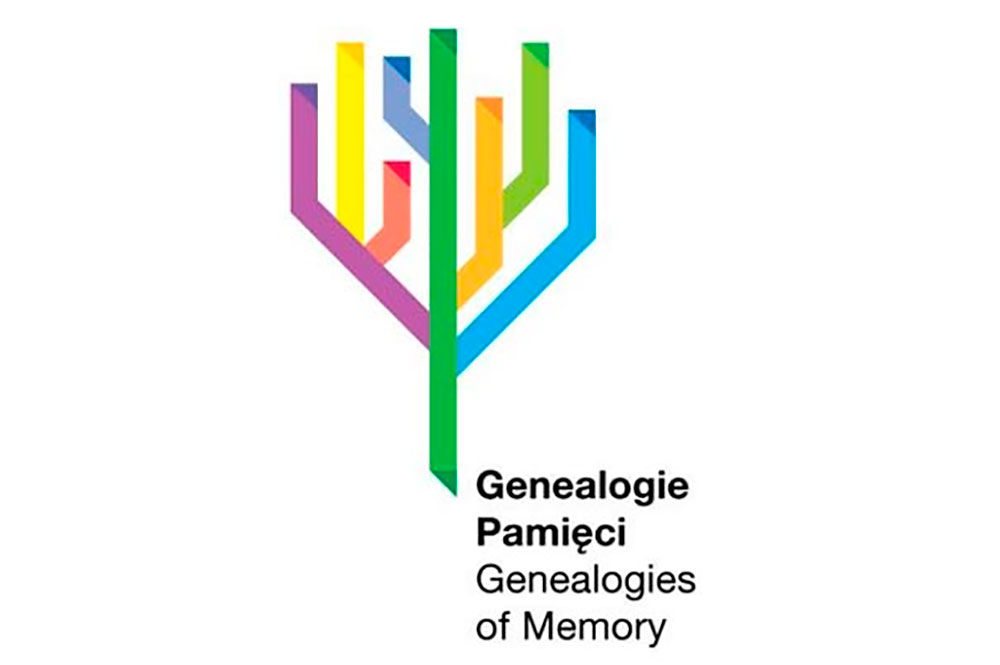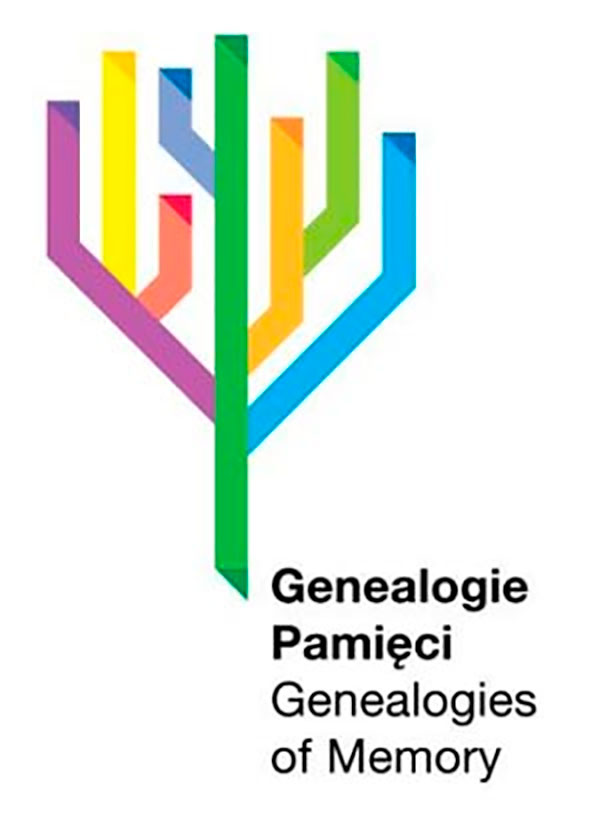

The twenty-fifth anniversary of 1989 in Eastern Europe invites us to analyze the gradual transformation of memories of the collapse of state socialism at individual and collective levels. It offers us an opportunity to historicize the ‘memory boom’ that began in 1989/1991 and continues to define the cultures of the region. The Genealogies of Memory program invites scholars engaged in memory studies, oral history, or biographical research to discuss their conceptual agendas, focusing on how the change has been commemorated, remembered, or forgotten in Eastern Europe and beyond.
The conference hopes to address the following questions in particular:
– Who are the primary agents of the memory of 1989–1991? For whom are the national and transnational events of that period important, how and why?
– What different horizons of expectation and realms of experience pertained in 1989–1991? How have these expectations and experiences been articulated, transmitted, and reconstructed?
– How have different groups, communities, milieus, or professional groups understood and discussed the origins, events and consequences of 1989–1991?
– How have dominant narratives of 1989–1991 evolved in the political, cultural, and academic-educational realms nationally and transnationally?
– To what extent and in what specific ways have such public narratives been translated into, reflected in, or contested by communicative and individual memories and vice-versa?
We especially welcome papers that, beyond analyzing individual cases, promise more general reflections on collective versus individual memory as (non-)corresponding research tools. Such reflections importantly present in the scholarship of the first half of the twentieth century, have acquired renewed relevance in cultural studies, sociology, psychology, social psychology, and oral history. Can we use existing or other conceptualizations effectively to bridge the gap between the individual and the collective or, alternatively, to disentangle the two when we talk about the memory of 1989–1991? How best can we do so?
Comparative perspectives are a crucial aspect of the Genealogies of Memory conferences and, accordingly, we would welcome papers that discuss analogous issues with reference to the collapse of authoritarian regimes in southern Europe, Latin America, Africa, or Asia. We also intend to include a limited number of papers focused solely on theoretical issues.
Keynote speakers:
Michael Bernhard (University of Florida), Jan Kubik (Rutgers University), James Wertsch (Washington University in St. Louis).
Organizational information:
The language of the conference will be English.
Please send your abstract of no more than 300 words together with a short biographical statement by 15 May 2014.
Abstracts will be selected by the academic committee. We will notify you about the acceptance of your proposal by 15 June 2014. If accepted, you must submit your conference paper by 6 October in order to have it distributed to commentators in advance.
Conference participation is free of charge. For early career researchers, a limited number of travel stipends will be made available.
We plan to publish selected papers in a peer-reviewed journal or in a volume by an established international publisher.
Please send your abstract and a biographical statement as well as all other inquiries to genealogies@enrs.eu
Conference Committee:
Convenors: Piotr Filipkowski (Polish Academy of Sciences), Ferenc Laczó (Imre Kertész Kolleg Jena), Franka Maubach (Friedrich Schiller University Jena), Burkhard Olschowsky (ENRS, Federal Institute for Culture and History of the Germans in Eastern Europe), Joanna Wawrzyniak (University of Warsaw).
Advisory Board: Jeffrey K. Olick (University of Virginia), Małgorzata Pakier (Museum of the History of Polish Jews), Gertrud Pickhan (Free University of Berlin), Joachim von Puttkamer (Imre Kertész Kolleg Jena), Jan Rydel (ENRS), Miroslav Vaněk (Charles University Prague), Matthias Weber (Federal Institute for Culture and History of the Germans in Eastern Europe).
Organizers and Partners:
European Network Remembrance and Solidarity (ENRS), Federal Institute for Culture and History of the Germans in Eastern Europe, Imre Kertész Kolleg Jena, Institute of Sociology at the University of Warsaw, Institute for East European Studies at the Free University of Berlin, Institute of Philosophy and Sociology of the Polish Academy of Sciences, Oral History Archive of the History Meeting House and KARTA Centre.